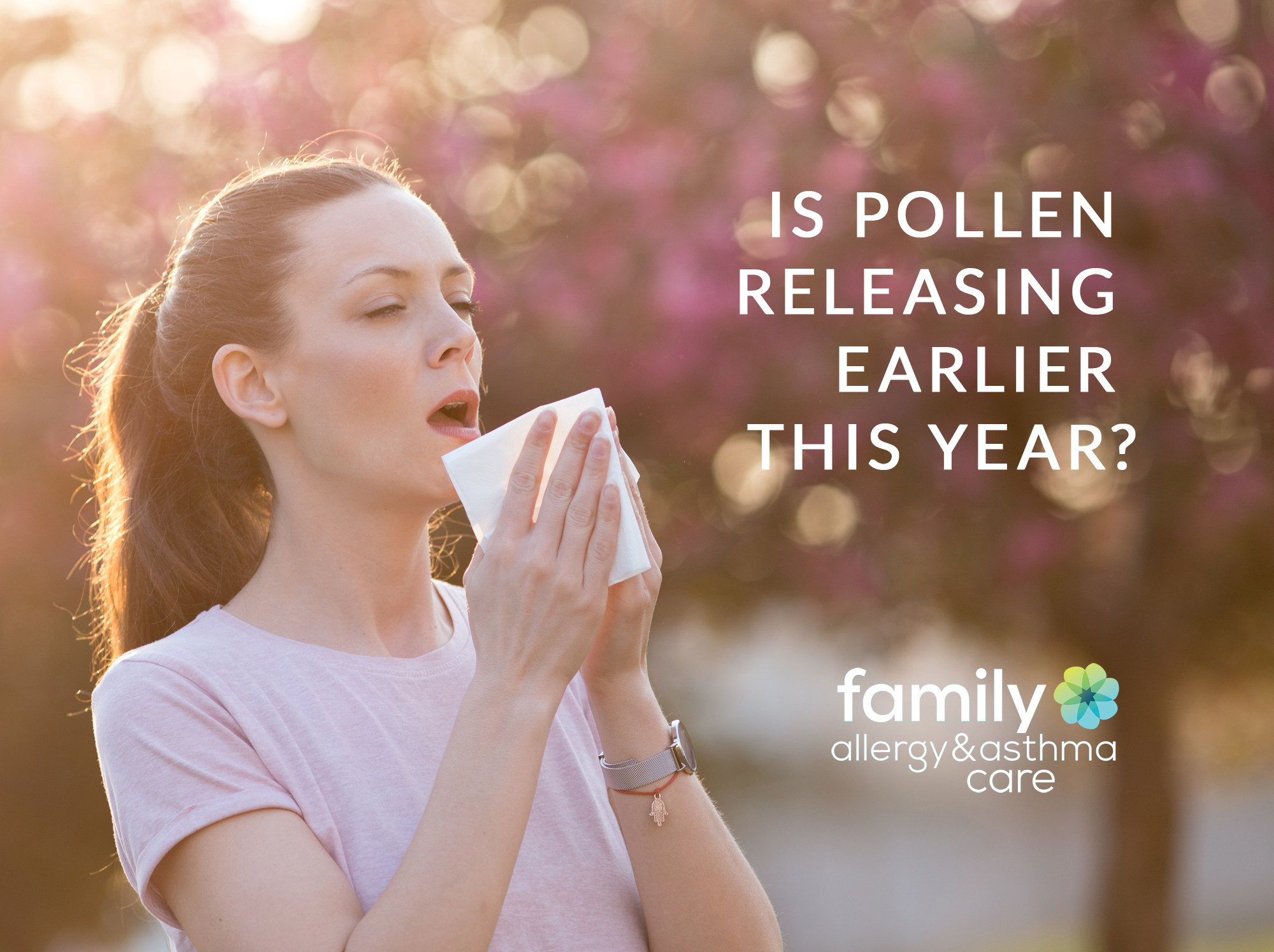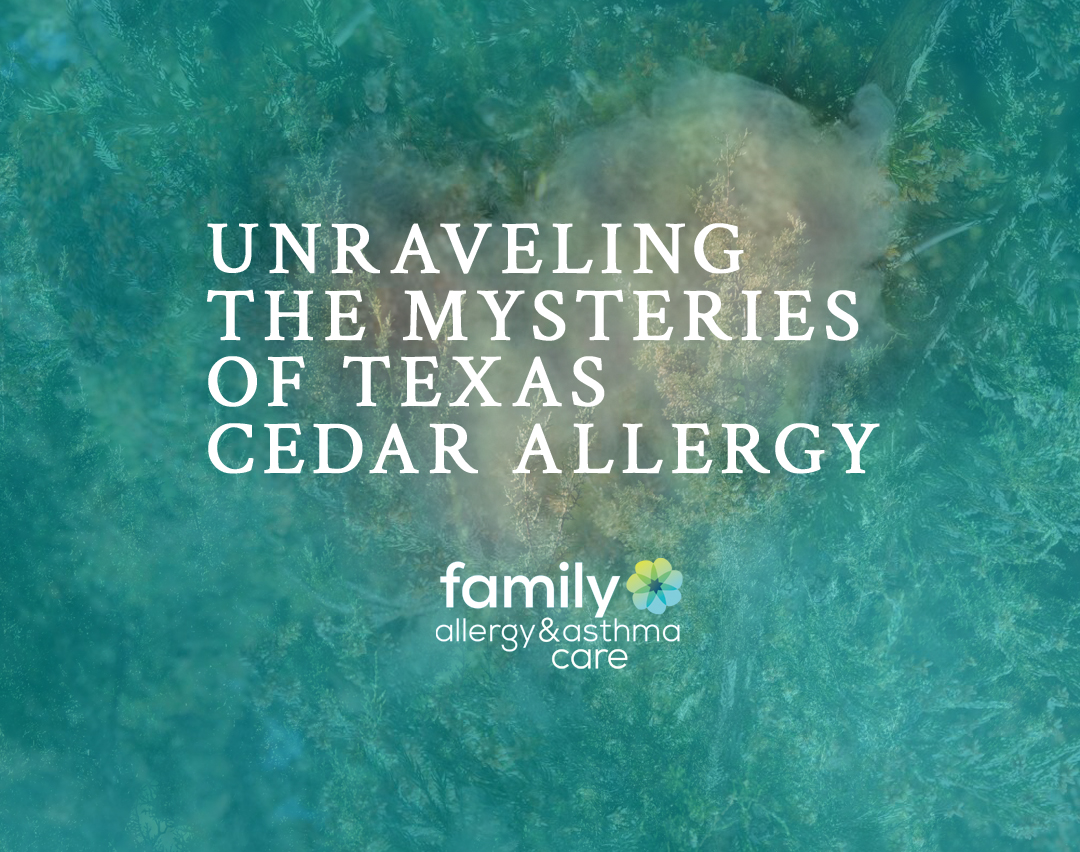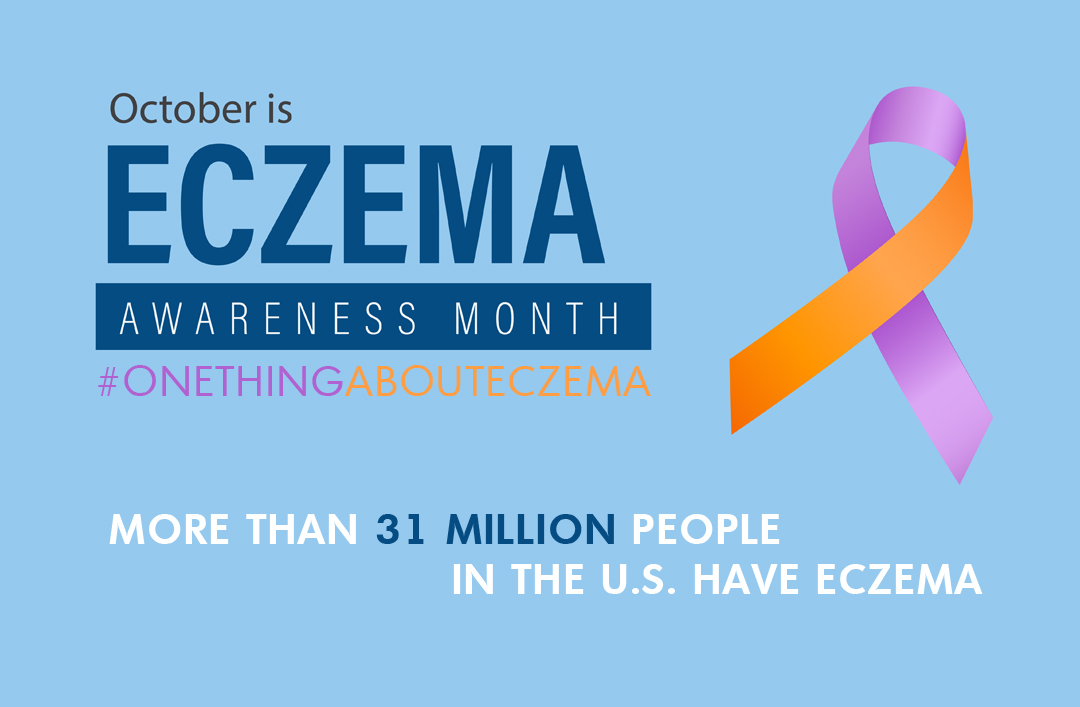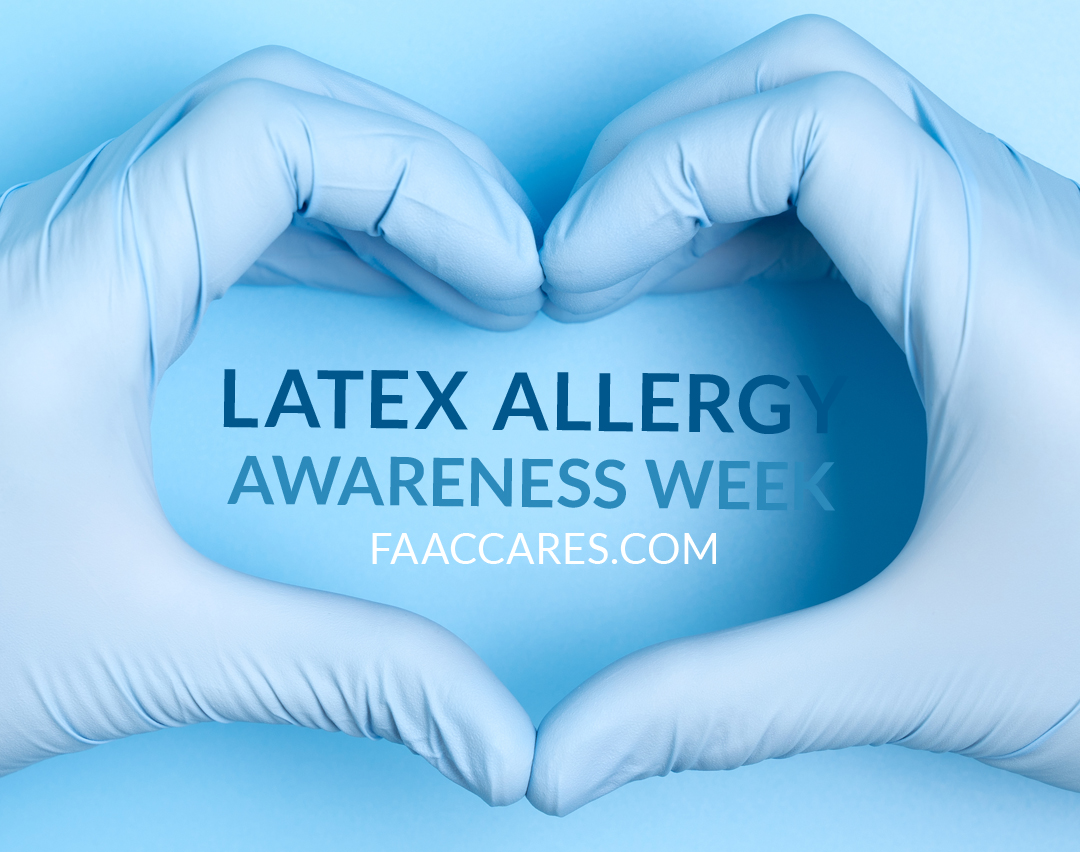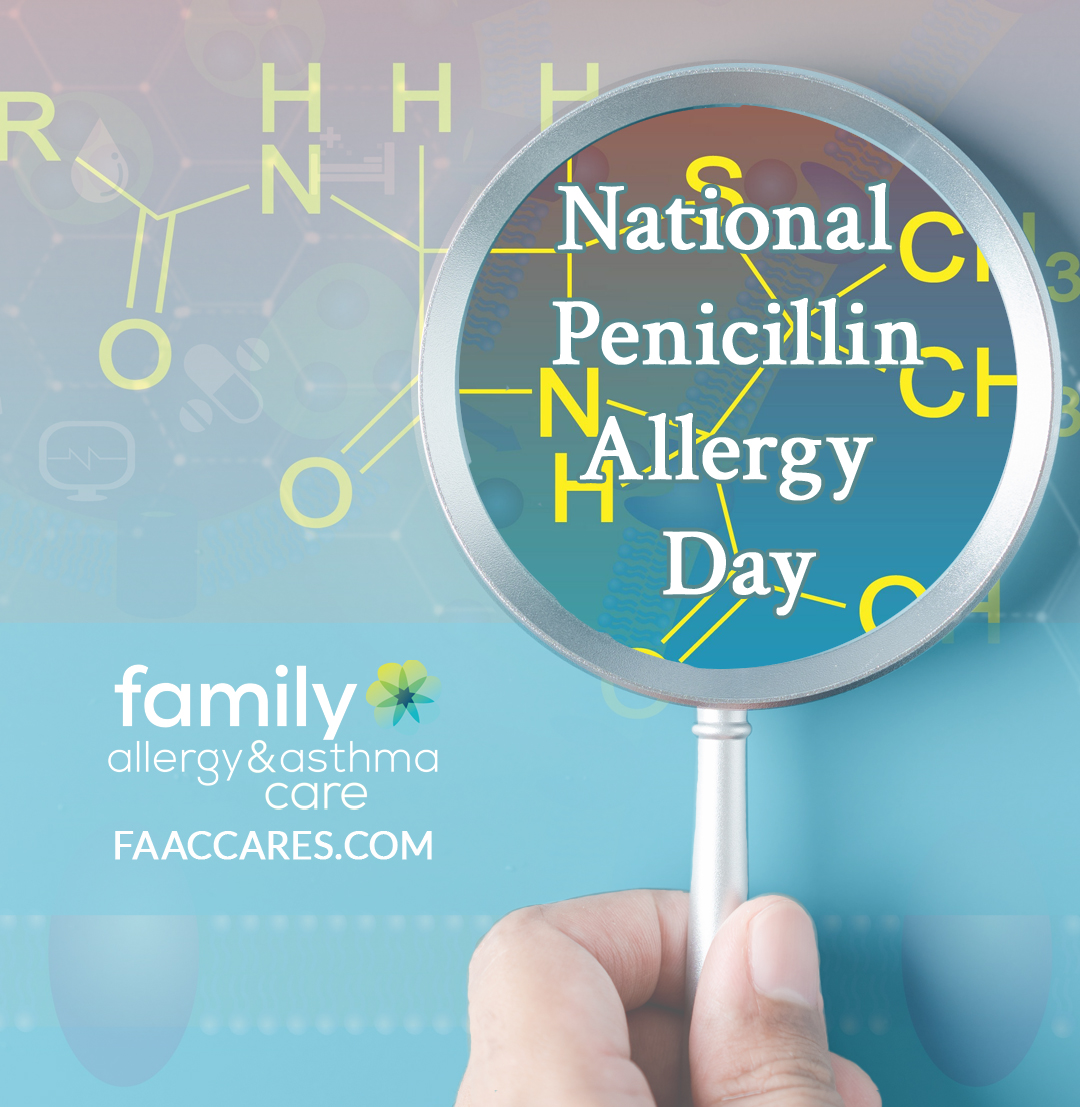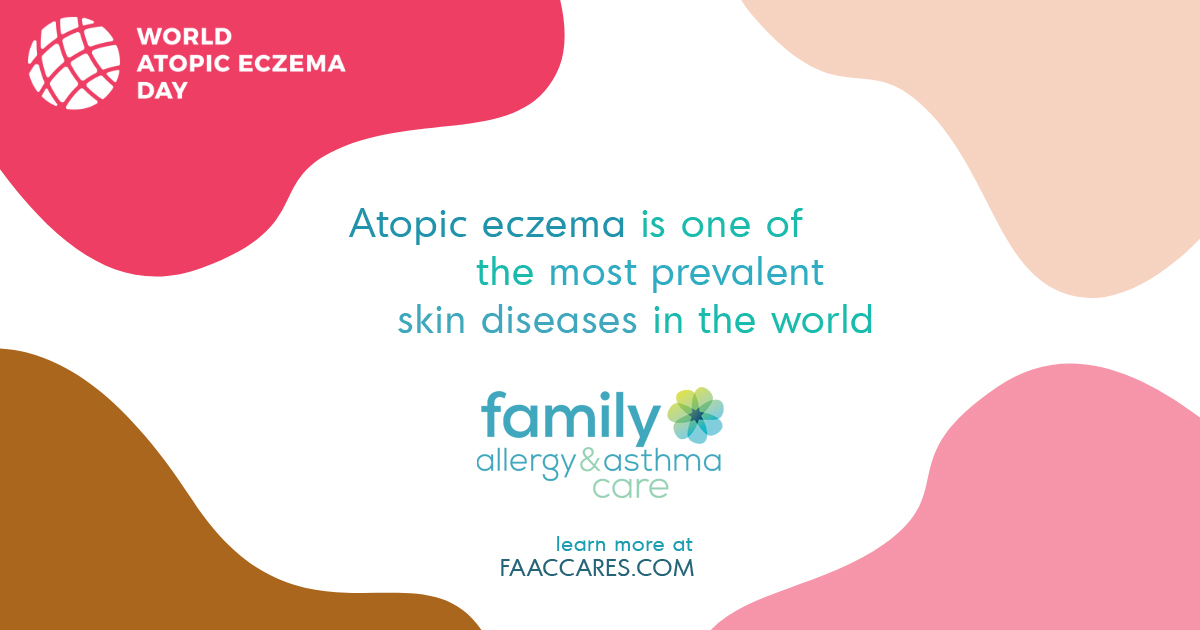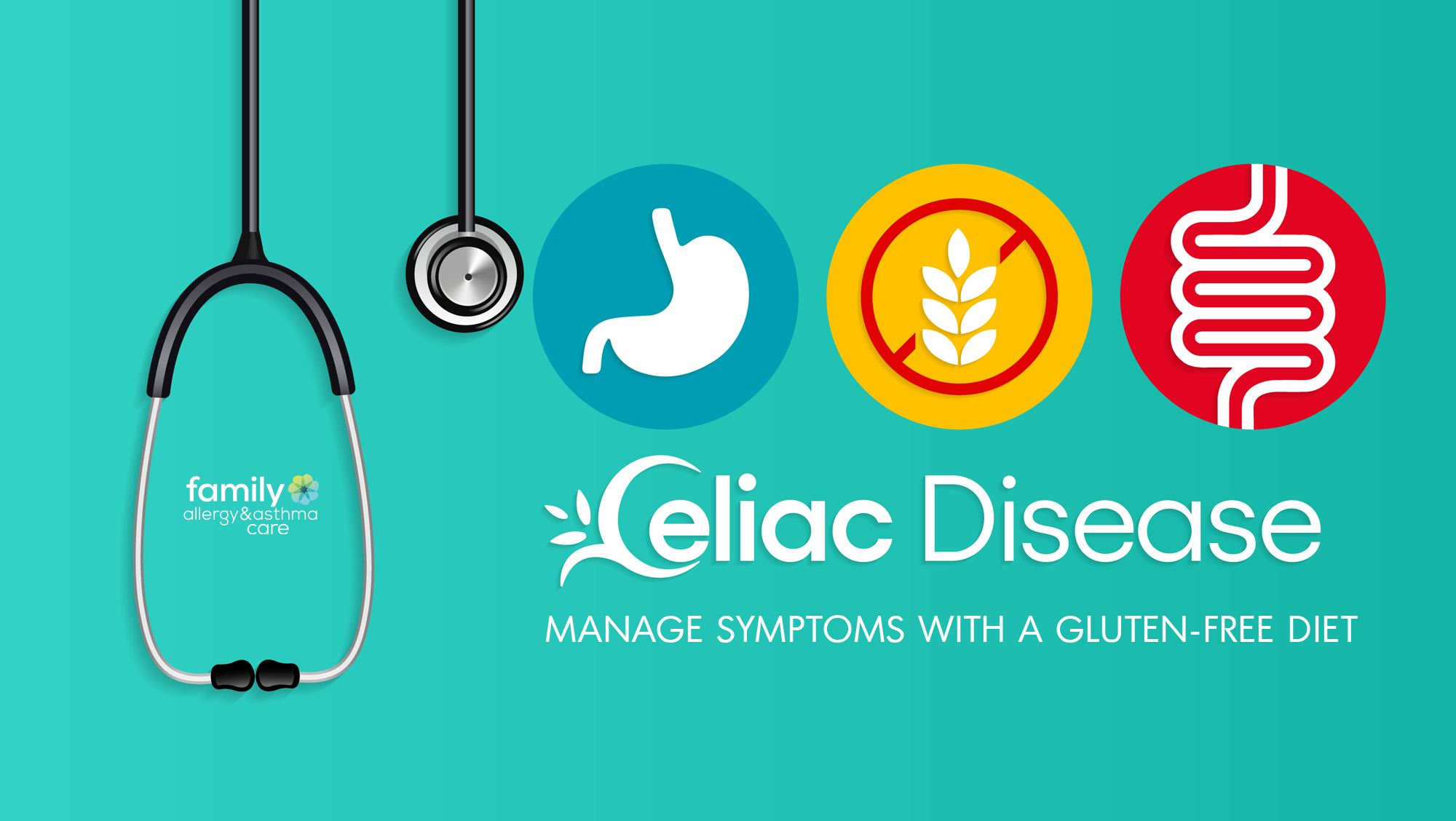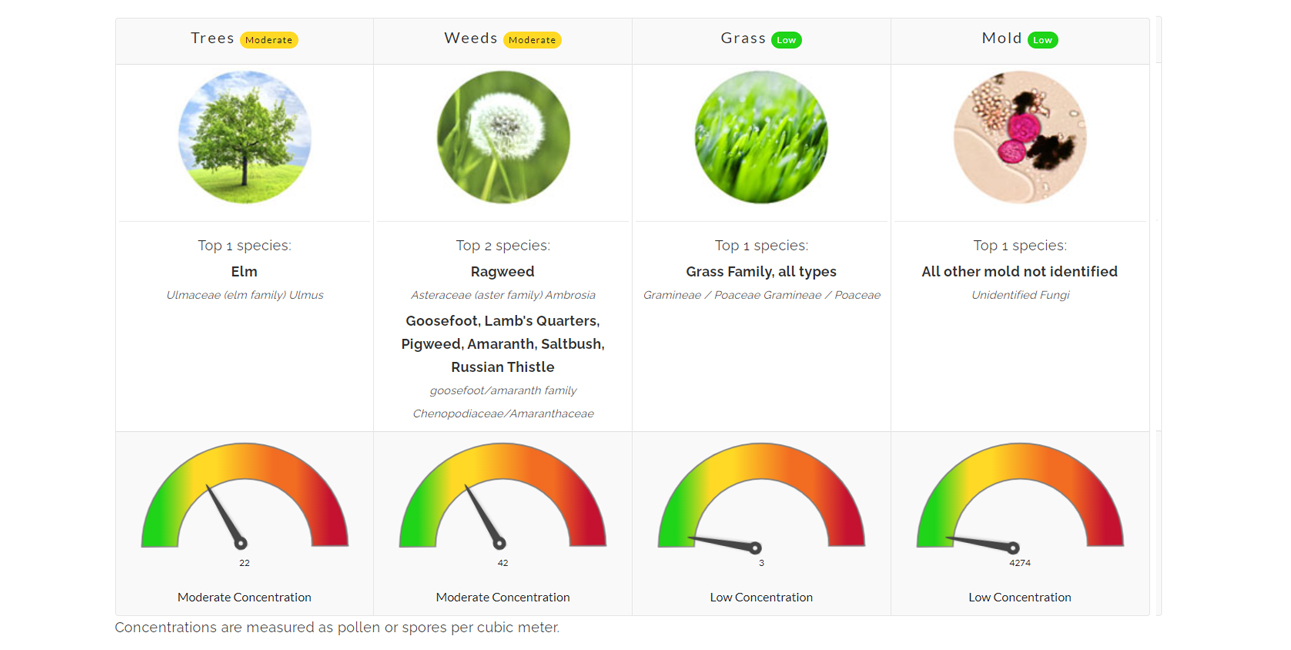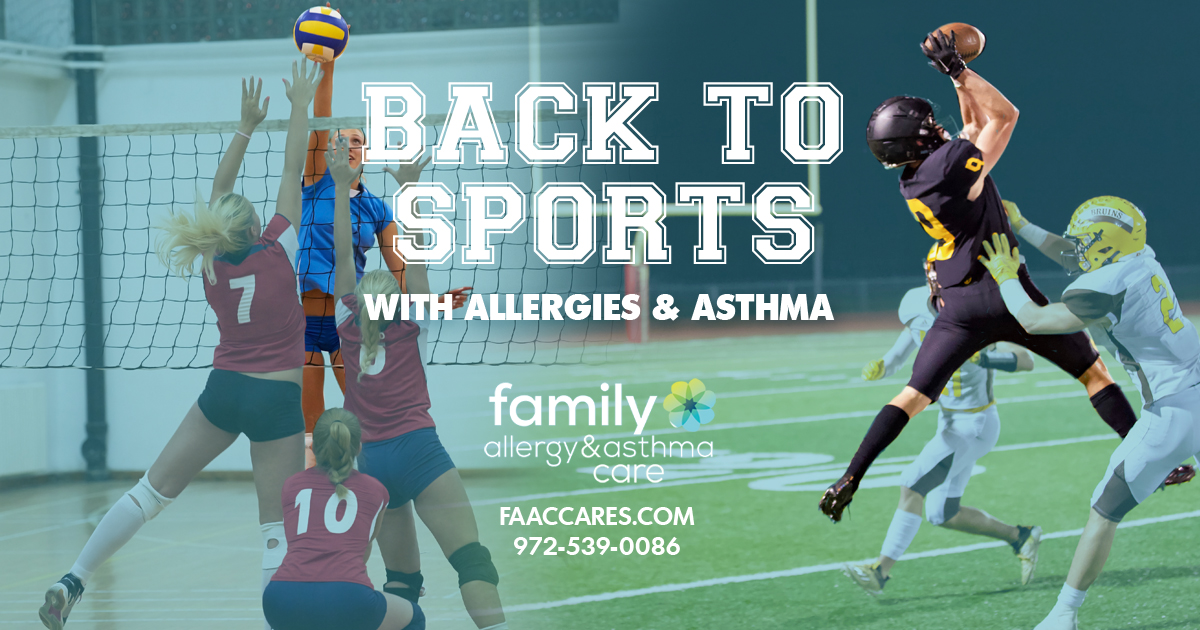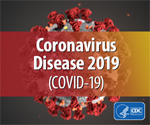So far in 2024, the start of springtime activity has been up to three weeks ahead of schedule in the U.S. Springtime pollen release is heavily shaped by winter and spring temperatures. Plants must be exposed to sufficient warmth to emerge from dormancy, open their flowers, and release pollen. On average, plants release pollen about two weeks after showing signs of springtime activity. (U.S. Department of Human Health & Services) This map depicts where springtime biological activity began earlier than average (red tones) and later than average (blue tones) this year. We can expect an earlier start to the pollen season in regions experiencing an earlier than normal start to spring. For more information, visit the USA-NPN Status of Spring page Visible pollen on cars, driveways and trashcans is a reminder of the usual spring miseries of sneezing, runny nose, itchy eyes and coughing. Worsening allergy symptoms can certainly turn into sinus infections, ear infections, and also asthma. Our board-certified allergists can create a treatment plan specific for you that will provide relief for allergies and asthma. Learn more and get started today!




